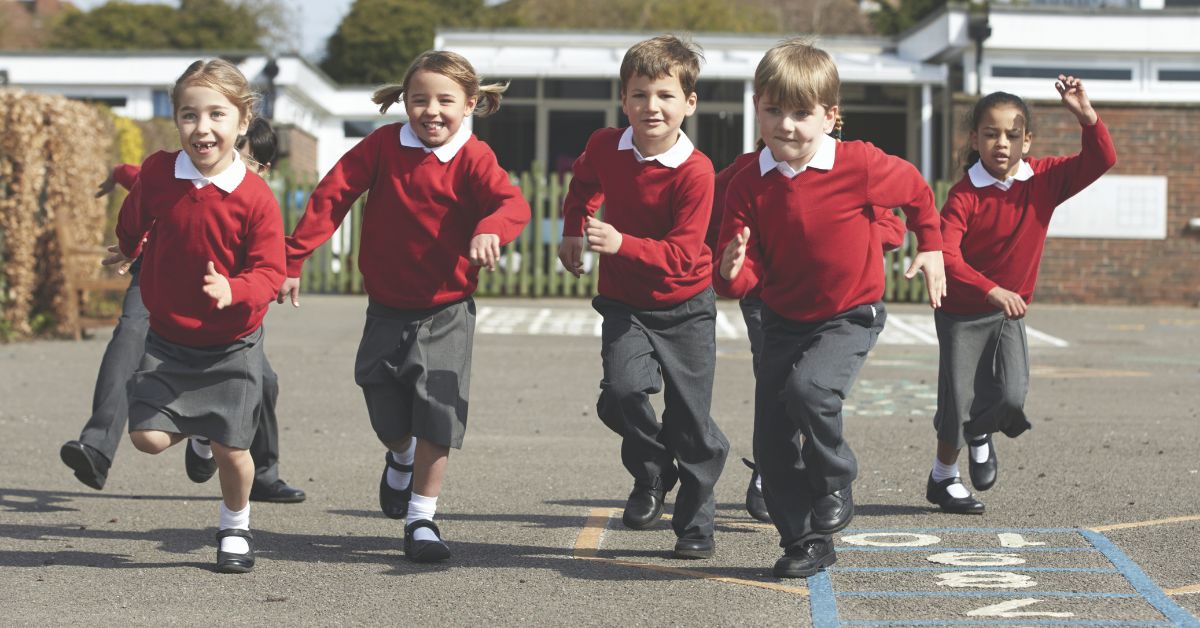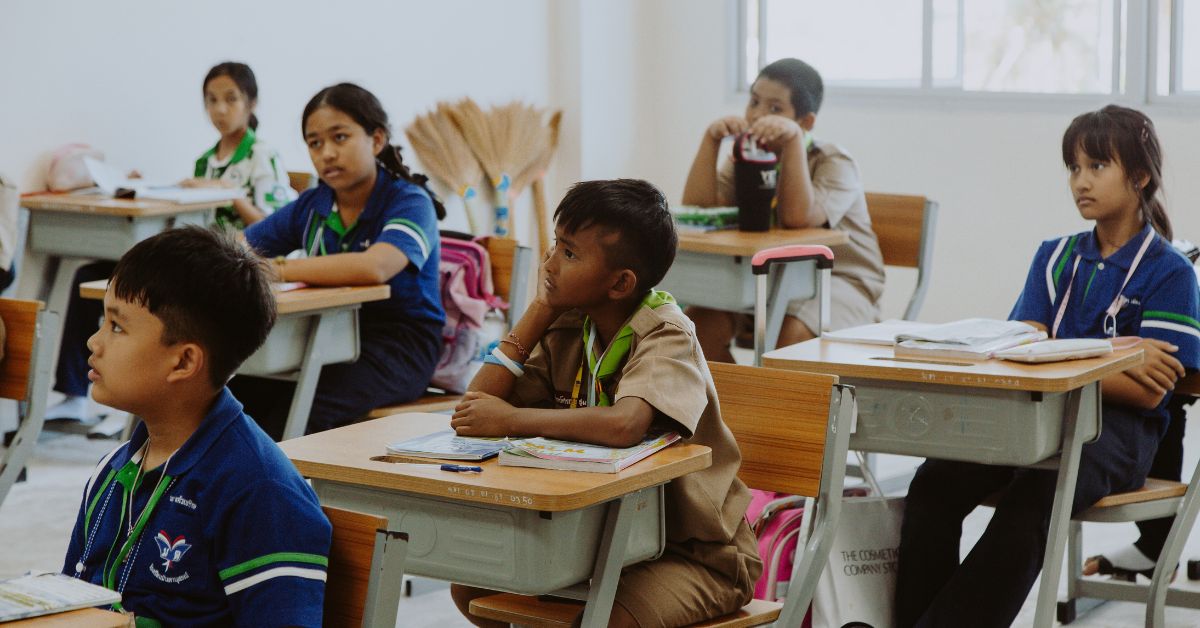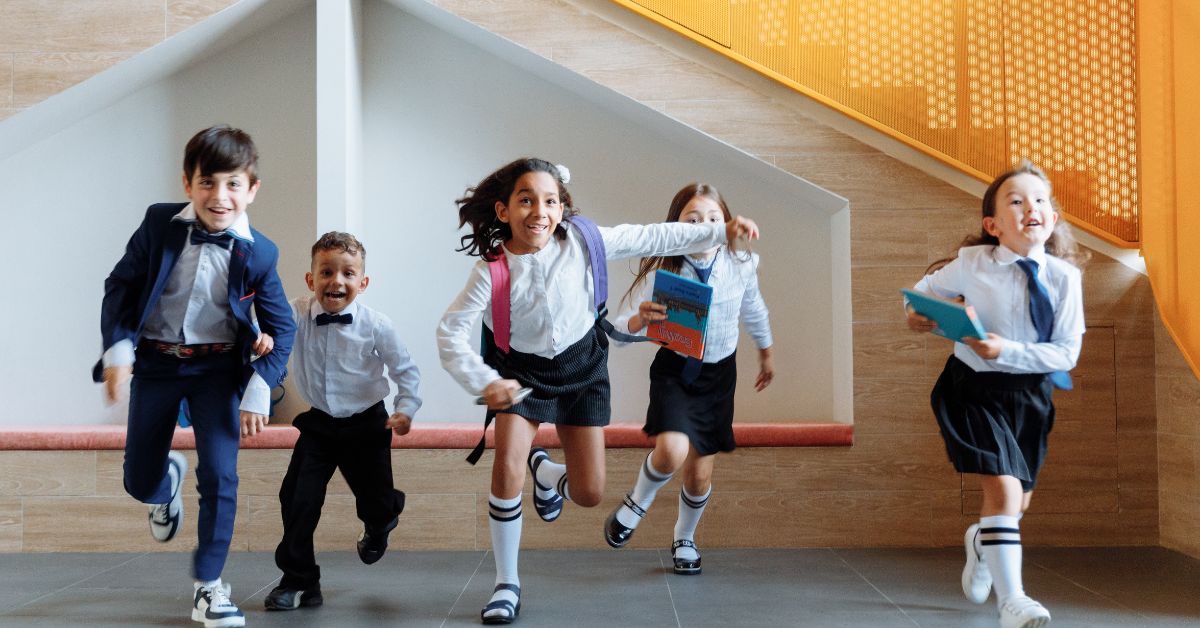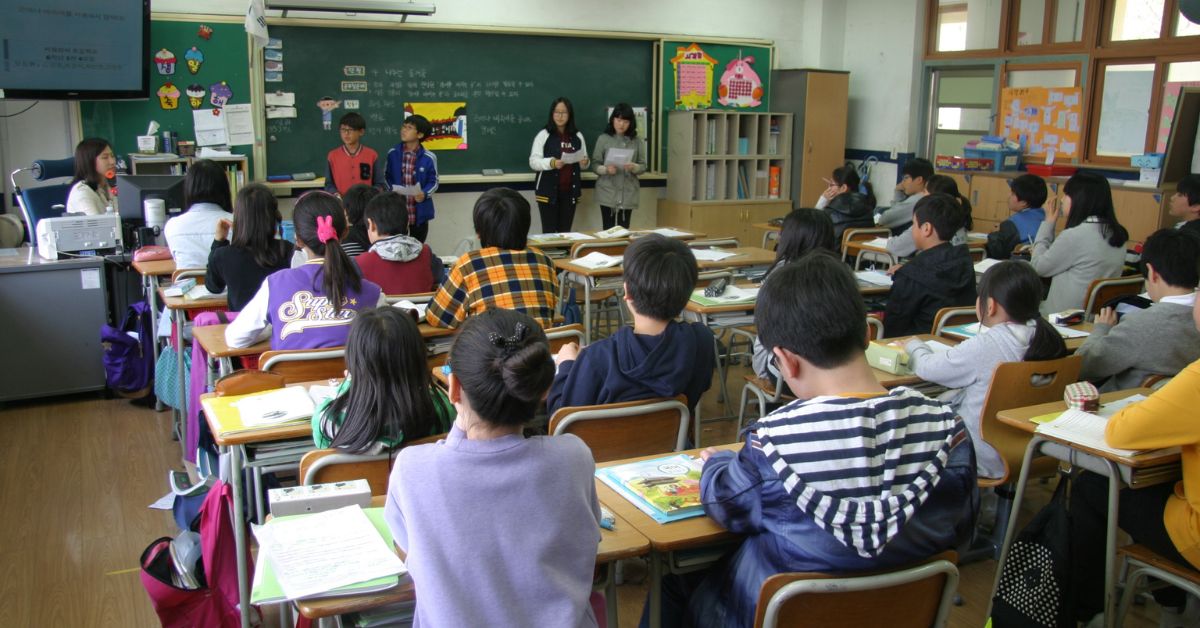Walk into any progressive school today, and you’ll likely hear terms like collaboration, critical thinking, and real-world learning. At the center of it all? Project-based learning (PBL).
But here’s the big question:
Can project-based learning actually make kids smarter—or is it just another trendy education fad?
Let’s dive into what the research, educators, and students say.
What Is Project-Based Learning?
Project-based learning is a teaching approach where students explore a subject by engaging in long-term, real-world projects. Instead of memorizing content for a test, students create, present, solve problems, and reflect on what they’ve learned.
Examples include:
- Designing a water purification system for a science unit
- Building a business plan in economics class
- Creating a documentary on civil rights movements
It’s learning by doing—with purpose.
Is It Really Making Students Smarter?
Let’s clarify what we mean by “smarter.” We’re not just talking about test scores. True intelligence includes:
- Critical thinking
- Problem-solving
- Creativity
- Emotional intelligence
- Adaptability
And that’s where project-based learning shines.
The Science Behind PBL
A number of studies support PBL’s effectiveness:
| Study/Source | Key Finding |
|---|---|
| Buck Institute for Education | PBL students outperform their peers in both content knowledge and skills. |
| American Educational Research Journal | PBL boosts retention, motivation, and deeper understanding of concepts. |
| University of Michigan Study (2021) | Low-income students in PBL classrooms showed significantly higher academic growth compared to traditional models. |
PBL doesn’t just help students learn—it helps them apply what they learn, which is a much higher level of intelligence.
Real-World Skills = Real-World Intelligence
Here’s what students gain through project-based learning:
Critical Thinking
Students must evaluate sources, solve problems, and defend their choices.
Collaboration
Teamwork becomes essential—mirroring the skills needed in the workplace.
Communication
Presentations, reports, and peer feedback help students articulate ideas clearly.
Self-Management
Planning, researching, and meeting deadlines teach personal responsibility.
These aren’t just school skills—they’re life skills.
Why Some Critics Call It a “Trend”?
Despite its success, PBL has its skeptics. Here are common criticisms:
- “It’s too unstructured.”
→ Reality: High-quality PBL has clear goals, timelines, and teacher guidance. - “It’s not test-friendly.”
→ True, but many educators argue tests don’t reflect real intelligence anyway. - “It’s only for advanced students.”
→ Research shows PBL helps all students, especially those who struggle in traditional settings.
So no—it’s not just a trend. It’s a growing solution to an outdated system.
How Parents Can Tell If a School Is Doing PBL Right?
Not all project-based learning is created equal. Here’s what effective PBL looks like:
| Bad PBL (Just for Show) | Great PBL (Real Impact) |
|---|---|
| Simple poster projects | Real-world problems with real stakes |
| One day of group work | Multi-week investigations |
| No student voice or choice | Students lead inquiry and decisions |
| No reflection or feedback | Includes peer review and self-eval |
If your child’s school offers meaningful, well-guided projects—it’s doing it right.
Conclusion: Smarter Learning for a Smarter Generation
So, can project-based learning make kids smarter?
Yes. But not just in the traditional sense of test scores and grades. It nurtures the kind of intelligence that matters in the real world: curiosity, communication, creativity, and confidence.
Is it a trend? Maybe in popularity—but its impact is lasting.
For a generation growing up in a world of rapid change, innovation, and complexity, PBL isn’t just helpful. It’s essential.
FAQs
Q1. Does project-based learning improve academic performance?
Yes, multiple studies show that PBL enhances both understanding and long-term retention.
Q2. Is project-based learning only for certain subjects?
No, PBL can be applied to any subject—from science and math to literature and history.
Q3. How does PBL prepare kids for the future?
It builds real-world skills like problem-solving, collaboration, and self-management—key for any future career.








